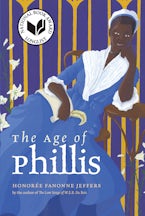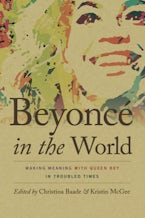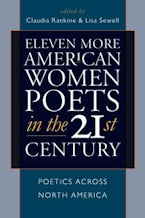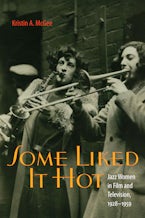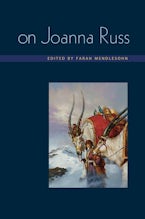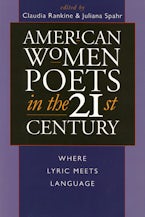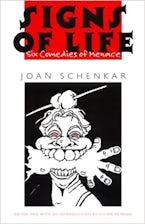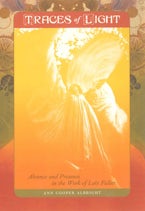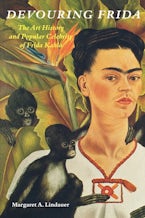- Home
- social science
- philosophy
- Domesticating Passions

Domesticating Passions
Rousseau, Woman, and the Nation
Sales Date: 1997-01-27
247 Pages, 6.00 x 9.00 in
The role of women and family as central to Rousseau's concept of the modern, enlightened state.
"Woman, both real and metaphorical, is at the center of the project to reform politics, which for Rousseau means all human relations," Nicole Fermon asserts in this finely wrought study of how Jean-Jacques Rousseau places the family, women, and love within his political philosophy. Rather than accept conventional conceptual dichotomies of "public" and "private" or "man" and "citizen," Fermon suggests that Rousseau's teachings on the family represent a connecting strand in an overarching philosophy: man not only creates institutions to satisfy his own needs, she writes, "but the needs themselves are crucially formed and transformed by the social setting and the educational experience." Thus the family in general and women in particular play a key role in the Rousseaurean project, as the household becomes "entrusted not only with the reproduction of life and daily necessities, but with the reproduction of sociality itself."
Acknowledgements
I. Introduction
II. The Politics of Interpretation
1. Familial Attachments
2. Education and Freedom
3. Community and Economic Development
4. The Feminine Body and The Nation-State
5. Conclusion
Nicole Ferman is Associate Professor of Political Science at Fordham University and coeditor of Princeton Readings on Political Thought (1996). Nicole Ferman is editor, with M. Cohen, of Princeton Readings in Political Thought (Princeton, 1996).
""Fermon makes a unique contribution to Rousseau scholarship and to feminist discourse. By taking the reader beyond the traditional dichotomies of public life and private life, men and citizens, nature and convention, Fermon reaffirms the unity, complexity, and historical relevance of Rousseau's political vision.""
~Grace G. Roosevelt, NYU
"Fermon makes a unique contribution to Rousseau scholarship and to feminist discourse. By taking the reader beyond the traditional dichotomies of public life and private life, men and citizens, nature and convention, Fermon reaffirms the unity, complexity, and historical relevance of Rousseau's political vision."
~Grace G. Roosevelt, NYU

